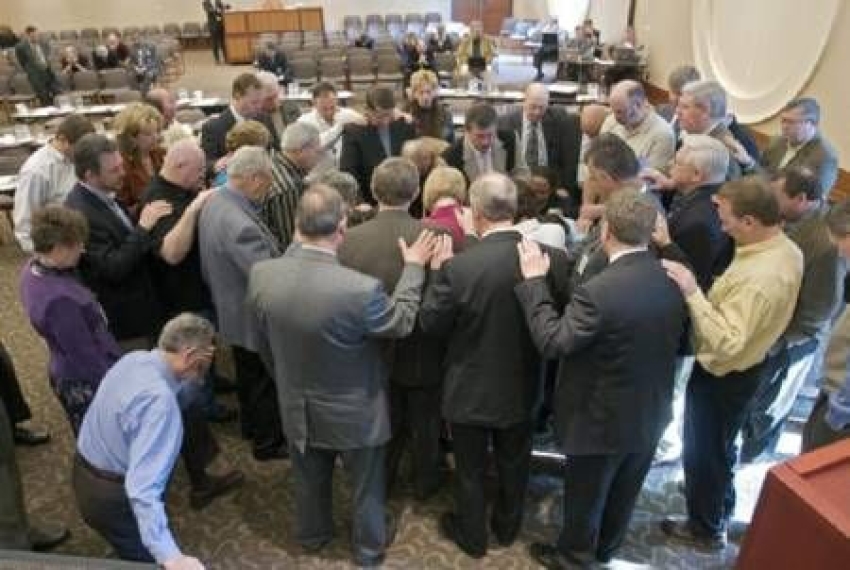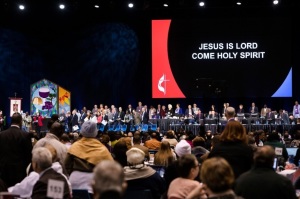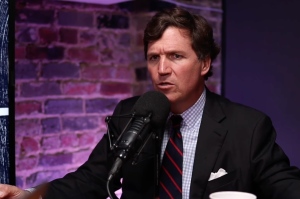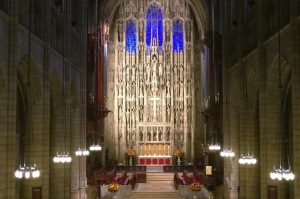So. Baptist agency asks Supreme Court to reverse ruling in Will McRaney case

A missions body within the Southern Baptist Convention has asked the U.S. Supreme Court to reverse a lower court ruling against the organization regarding the firing of a former state convention leader.
In 2017, the SBC North American Missions Board was sued by Will McRaney, the former executive director of Baptist Convention of Maryland/Delaware. McRaney claimed that NAMB officials had, among other things, made defamatory statements against him to get him fired from the convention.
In a petition filed Wednesday, NAMB argued that the SBC decision to dismiss McRaney was protected by the ministerial exemption, a legal precedent that provides churches with protection from lawsuits over certain hiring decisions.
In particular, the NAMB took issue with the 5th U.S. Circuit Court of Appeals refusing to rehear the case with a full-court rather than a panel.
“The court of appeals’ decision conflicts with the decisions of numerous other federal courts of appeals and state appellate courts of last resort holding that state law tort claims arising from ministerial employment disputes … cannot be adjudicated by secular courts,” argued the petition.
“And the court of appeals’ decision is wrong, as eight judges on the Fifth Circuit recognized in dissenting from the denial of rehearing en banc, for it conflicts with this Court’s decisions and with fundamental principles of the First Amendment’s Religion Clauses.”
NAMB, SBC’s domestic missions agency, is represented by the legal nonprofit First Liberty Institute and lawyers with Wilmer Cutler Pickering Hale and Dorr LLP.
The lawyers contend that Supreme Court needs to reverse the lower court decision to “prevent such constitutionally impermissible intrusion into church affairs by secular courts.”
Kelly Shackelford, head of the First Liberty Institute, said in a statement released Wednesday that “the Constitution protects the independence of religious organizations to choose their own leaders.”
“The mission of NAMB is to help local churches plant new churches and engage in compassion ministry to share the gospel. Secular courts are ill-equipped to evaluate how that mission is best carried out and by whom,” stated Shackelford.
In his lawsuit, McRaney claimed that NAMB, which helps state conventions to plant new churches, defamed him via false statements and influenced the 2015 decision to fire him following a dispute about a partnership agreement.
In April 2019, a judge in Mississippi ruled against McRaney. However, a three-judge 5th Circuit panel reversed the decision and remanded it to the lower court.
Circuit Judge Stephen A. Higginson authored the unanimous panel opinion, concluding that McRaney was “not asking the court to weigh in on issues of faith or doctrine.”
“At this time, it is not certain that resolution of McRaney’s claims will require the court to interfere with matters of church government, matters of faith, or matters of doctrine. The district court’s dismissal was premature,” wrote Higginson.
In July 2020, the Supreme Court ruled 7-2 in Our Lady of Guadalupe School v. Morrissey-Berru that two Catholic schools can classify their teachers as ministers and not be held to the standards of anti-discrimination laws.
“The U.S. Supreme Court has made it clear that the Constitution protects the independence of religious organizations to choose their own leaders,” Shackelford added.
“Just as courts cannot tell the local church who it must hire to preach their beliefs, teach their faith, and carry out their mission, courts cannot influence those decisions when there are two groups working together.”



























